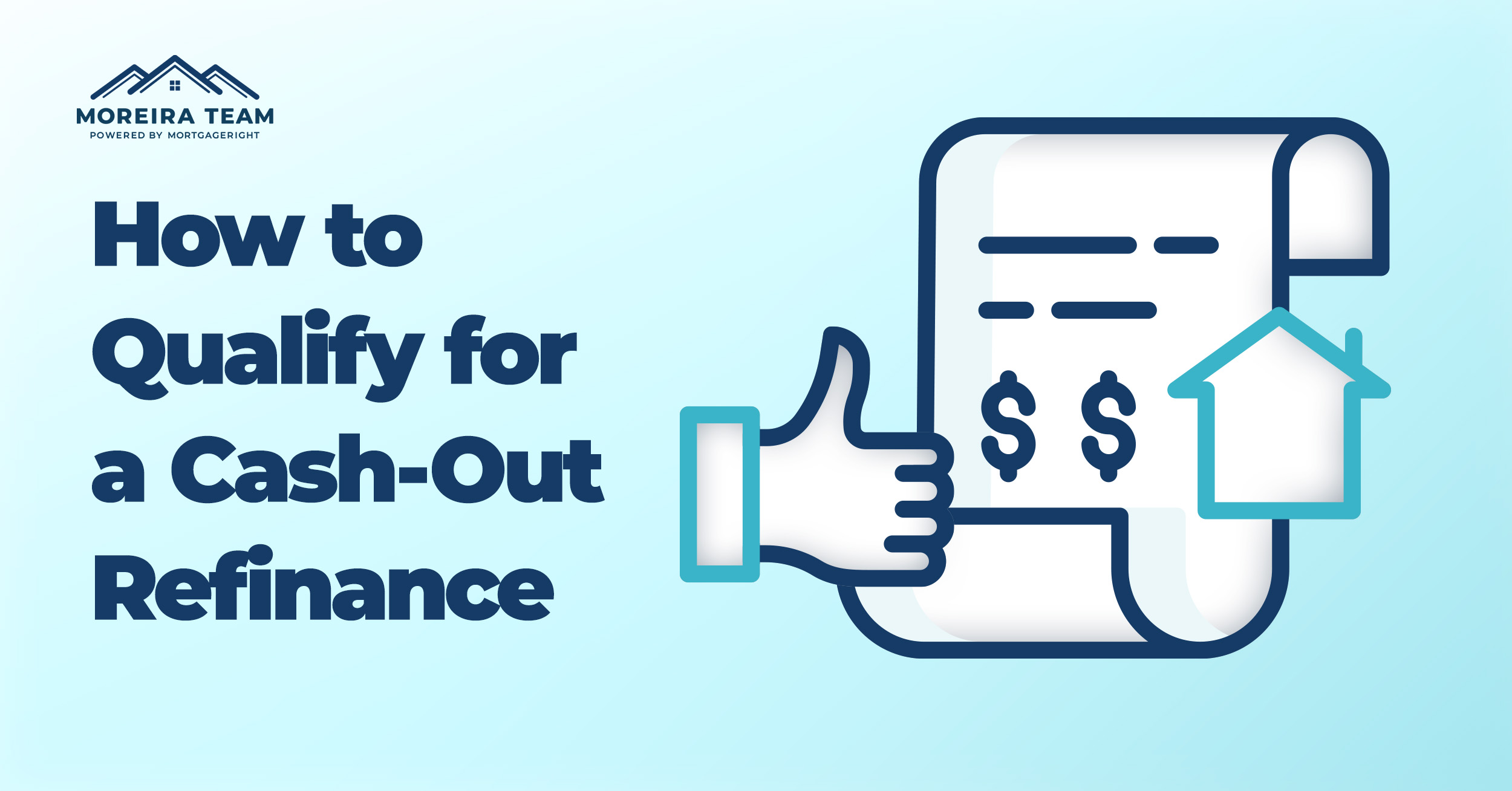
In this article
When it comes to a cash-out refinance, a high credit score is an absolute must. A lower credit score can result in higher interest rates and discount points. You should also consider the loan-to-value (LTV) ratio, or the percentage of your home’s value that you can borrow. You can use an online rate calculator to estimate current rates and enter the mortgage loan type you prefer. For example, you can choose a 30-year mortgage for a low-rate cash out refinance.
Minimum cash-out refinance credit score
Before you apply for a cash-out refinance, you must first qualify for the loan. Every lender sets its own credit score requirements for cash-out refinance loans. Although a credit score of 620 is required for a conventional loan, lenders may also approve borrowers with lower scores. A cash-out refinance loan typically requires a minimum credit score of around 580. Nevertheless, some lenders will consider borrowers with lower credit scores if they meet their income and asset criteria.
In a cash-out refinance, you take out a larger loan than your current mortgage. You repay the existing mortgage with the new loan amount and get the difference in cash back. You can use the money for almost any purpose, including home improvement projects, debt consolidation, and other consumer needs. However, because the money is secured by your home, your score must be high enough to be approved for the loan.
To qualify for a cash-out refinance, you must have 20% equity in your home. This means you have paid off your home at least 20% of its appraised value. If you have less equity, some lenders may waive the appraisal requirement. In addition to requiring an appraisal, lenders may require that you have 20% equity in your home. This amount is the amount you can borrow from a conventional cash-out refinance.
In addition to requiring a minimum credit score to qualify for a cash-out refinance, you can also take out a home equity loan or a HELOC to access the money from your home. However, remember that HELOCs are usually higher than cash-out refinance rates. Furthermore, HELOCs are considered second mortgages and therefore, you must be able to handle the payments for the first and second mortgage.
To qualify for a cash-out refinance, you must have a minimum of five years’ experience with a mortgage. You must have paid six payments on your current mortgage on time since your first one. For FHA loans, you must pay your mortgage payments on time until December. However, you need to keep your debt-to-income ratio below 80%. This is a good rule of thumb because you can get a lower rate with more experience.

Loan limits for a cash-out refinance
If you’re considering a cash-out refinance, there are a few important factors you need to consider. One of them is your credit score. If your credit score is low, you will likely pay higher interest rates, as well as higher discount points. A good way to make sure you’re not overextending yourself financially is to gather all of your debt information and figure out what you owe. It can be helpful to consult with a nonprofit credit counseling agency if you need help determining the exact limits on your debt.
Generally, lenders allow you to borrow up to 80 percent of the value of your home, a percentage called the loan-to-value ratio. The maximum cash-out amount you can borrow is determined by subtracting the old loan balance from the new loan balance. The maximum loan amount is $170,000. However, it’s possible to borrow up to 105%, and you can get a cash-out refi in many cases.
One benefit to cash-out refinance is that it doesn’t add a new payment to your existing mortgage. Instead, the new loan pays off the old one. Since you’ve already paid off $60k of your home, the difference between the two mortgages is now worth $140k. Whether you plan to use this money for home improvements or other financial needs, you’ll need to know the limits of a cash-out refinance.
Depending on your circumstances, cash-out refinances usually have strict equity requirements. Typically, you must have 20 percent equity in your home to qualify for a cash-out refinance, but there are exceptions. If you need to borrow more than $140,000, you’ll need to have a lot more equity in your home. Depending on the lender and your willingness to pay PMI, you could qualify for a cash-out refinance with lower equity.
While cash-out refinances are available to all borrowers, you’ll need to meet the loan requirements set forth by your lender. Most lenders have minimum requirements for credit score, but the higher your credit score is, the better. You’ll also need to meet certain debt-to-income ratios. The Consumer Financial Protection Bureau recommends a DTI ratio of no more than 43%. If your credit score is excellent and you have a large amount of cash-out savings, the lender will most likely make an exception.
Income requirements for a cash-out refinance
A cash-out refinance allows you to borrow cash for a specific need. The money you get from this type of loan can be large, but you must be aware that you may have to pay a lot of closing costs. It can also be a lengthy process, so it is not recommended for emergencies. Income requirements for a cash-out refinance vary from lender to lender. For example, if you have a large debt, you may not qualify.
Want to see what you qualify for? Take less than 30 seconds to get your customized rate and closing cost quote!
When applying for a cash-out refinance, you will need to meet a minimum credit score. However, the exact requirement varies by lender, and you should consult your credit report to determine whether you meet these requirements. You will also need to meet debt-to-income (DTI) requirements. A DTI of 40% or lower will give you the best chance of qualifying for a cash-out refinance.
A cash-out refinance is a great option for homeowners who need extra money to make home repairs or pay off debt. The money you receive from this type of loan is often used for other purposes. You can take advantage of the $80,000 equity you have built up in your home to pay off debt or finance repairs. A cash-out refinance may be the perfect solution for you. Once you have the extra cash, you can put it towards any number of needs.
Cash-out refinance loans typically have caps that vary by lender and loan type. Nevertheless, if you qualify, your interest payments on the loan are tax-deductible. Also, if you plan to sell your home in the future, you should check with your lender about how much equity your house has. If you are able to afford a 20% down payment, you may qualify for a cash-out refinance.
Cash-out refinances require a stable income source and a good credit score. The better your credit score, the lower your mortgage rates. Some lenders require a higher credit score than others, but these are exceptions. If you can meet the requirements for a cash-out refinance, you might be able to get a lower rate. If you don’t meet these requirements, there are other ways to finance your home.
Costs of a cash-out refinance
Cash-out refinancing allows homeowners with equity in their home to refinance into a larger loan amount. The extra cash can be used for home improvement projects or debt consolidation. But before you take advantage of this opportunity, it’s important to compare different refinancing options to determine which is best for you. Also, be sure to research the costs and interest rates of different refinancing options. Alternatively, you can consider a personal loan instead.
The amount you can cash out depends on how much equity you have in your home. Most banks won’t allow you to cash out more than 70 percent of the value of your home. Also, there are closing costs associated with cash-out refinancing. Freddie Mac recommends budgeting $5,000 for closing costs, which can include credit report fees, appraisal fees, title services, attorney fees, and other fees. These fees will likely be between 2% and 3% of the amount of your loan, but be sure to consider whether the fees are tax-deductible.
Many home owners choose cash-out refinancing to pay off debt and upgrade their homes. These improvements can help increase the resale value of your home. Other home improvement projects can lower your monthly payments and help you improve your finances. If you are considering a cash-out refinance, make sure the money you take out is going to be put to good use. For example, if you use your cash-out refinance to fund a vacation, you’re likely to get caught with a high interest rate if you don’t have discipline with your spending. If you are unsure of whether this is a good option for you, consult a nonprofit credit counseling agency to learn more about the cash-out refinance process.
The costs of a cash-out refinance vary depending on the lender and the amount of money you’re borrowing. Closing costs include lender fees and the cost of an appraisal. Some cash-out refinances may not be worth the cost, especially if the amount of money you need isn’t large. In addition, lenders must give you three days to back out of the loan. You’ll also have to wait a few days for the cash to be released.

